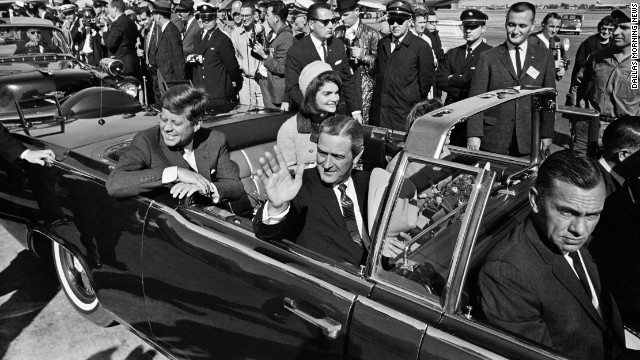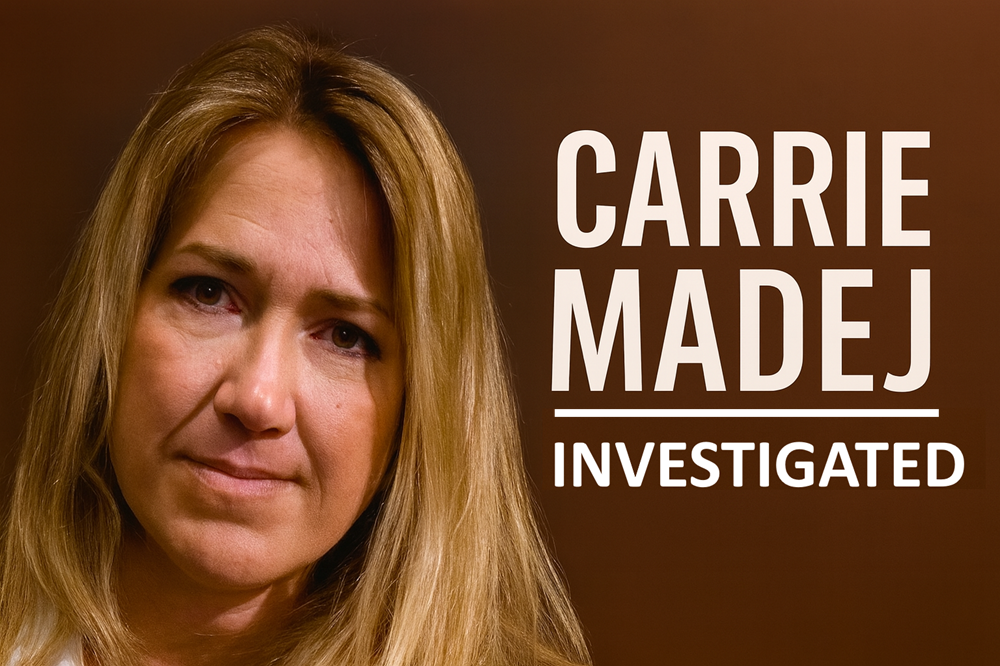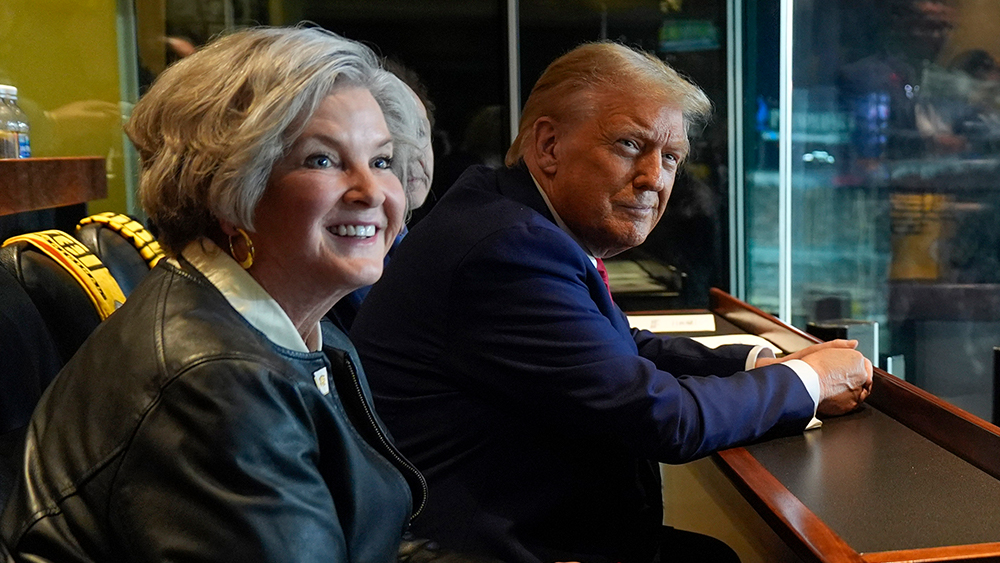A judicial gag order on faith: Maine case tests limits of parental rights
11/19/2025 / By Willow Tohi

- A Maine judge has barred a mother from taking her daughter to church or teaching her the Bible.
- The order granted the child’s atheist father exclusive control over all religious upbringing.
- The mother is appealing, arguing the ruling violates her parental rights and religious freedom.
- The case hinges on whether claims of psychological harm from religious teachings can justify such restrictions.
- The Maine Supreme Court’s decision could set a national precedent for parental and religious rights.
In a case that strikes at the heart of parental autonomy and religious liberty, the Maine Supreme Judicial Court is now deliberating a lower court’s unprecedented decision to prohibit a mother from taking her 12-year-old daughter to church or instructing her in the Bible. The appeal in Bickford v. Bradeen centers on a December 2024 custody order that granted the child’s father, Matthew Bradeen, exclusive authority over all religious matters, effectively silencing mother Emily Bickford’s ability to share her Christian faith with her daughter. The outcome of this legal battle, argued before the state’s high court in November 2025, could redefine the boundaries between a parent’s constitutional rights and the state’s power to intervene in family decisions based on claims of psychological harm.
The foundation of a sweeping order
The contested order originated from the Portland District Court, which presided over the custody dispute between the unmarried parents. The court’s decision was heavily influenced by testimony concerning the teachings and materials at Calvary Chapel, the church Bickford and her daughter attended. The judge found that imagery of “fallen angels” and concepts like “eternal suffering” presented in sermons and youth programs had induced anxiety and psychological distress in the child. Relying on this finding of potential harm, the court concluded that restricting the girl’s exposure to these religious teachings was in her best interest. The order’s breadth extends beyond Sunday services, limiting the child’s association with church friends and participation in any religious events.
Constitutional questions take center stage
During oral arguments, the justices rigorously questioned the limits of judicial authority. Mathew Staver, an attorney representing Bickford, argued the order was unconstitutional, imposing a “total veto” on religious expression without the requisite finding of abuse or neglect. He contended that evidence of a child’s transient anxiety and finding a demonic image “scary” falls far short of the “compelling state interest” needed to justify such a drastic infringement on fundamental rights. In contrast, the father’s attorney, Michelle King, defended the ruling, asserting the court acted within its discretion to protect the child from documented emotional harm, a paramount concern that can, in her view, outweigh other considerations.
A historical precedent in the balance
The case echoes historical tensions between state power and religious exercise, recalling a time when dissenting religious views were suppressed. While modern courts have generally been hesitant to evaluate the content of religious doctrines, the Maine case tests that principle by weighing the specific teachings of a church against a psychological harm standard. This approach raises the specter of courts being empowered to deem one religion acceptable and another harmful based on subjective testimony. The legal standards under scrutiny include:
- The First Amendment’s Free Exercise Clause.
- The fundamental right of parents to direct the upbringing and education of their children.
- The state’s parent patriae authority to protect children from harm.
A landmark decision on the horizon
As the Maine Supreme Judicial Court deliberates, its forthcoming ruling is anticipated to provide critical guidance for courts nationwide. A decision upholding the lower court could empower judges in other states to issue similar restrictions on religious practice in custody cases, potentially creating a hierarchy of state-approved beliefs. Conversely, a reversal would reinforce strong protections for parental rights, affirming that subjective claims of psychological distress are insufficient to nullify a fit parent’s constitutional liberties. The resolution of Bickford v. Bradeen will not only determine one girl’s spiritual upbringing but will also signal how the American legal system balances deeply held freedoms against the evolving interpretation of a child’s best interest.
Sources for this article include:
Submit a correction >>
Tagged Under:
absurd, Anxiety, Bickford v. Bradeen, big government, Christian faith, Emily Bickford, First Amendment, left cult, Liberty, Maine, Matthew Bradeen, outrage, Parental rights, parenting, psychological distress, religion, religious freedom
This article may contain statements that reflect the opinion of the author


















